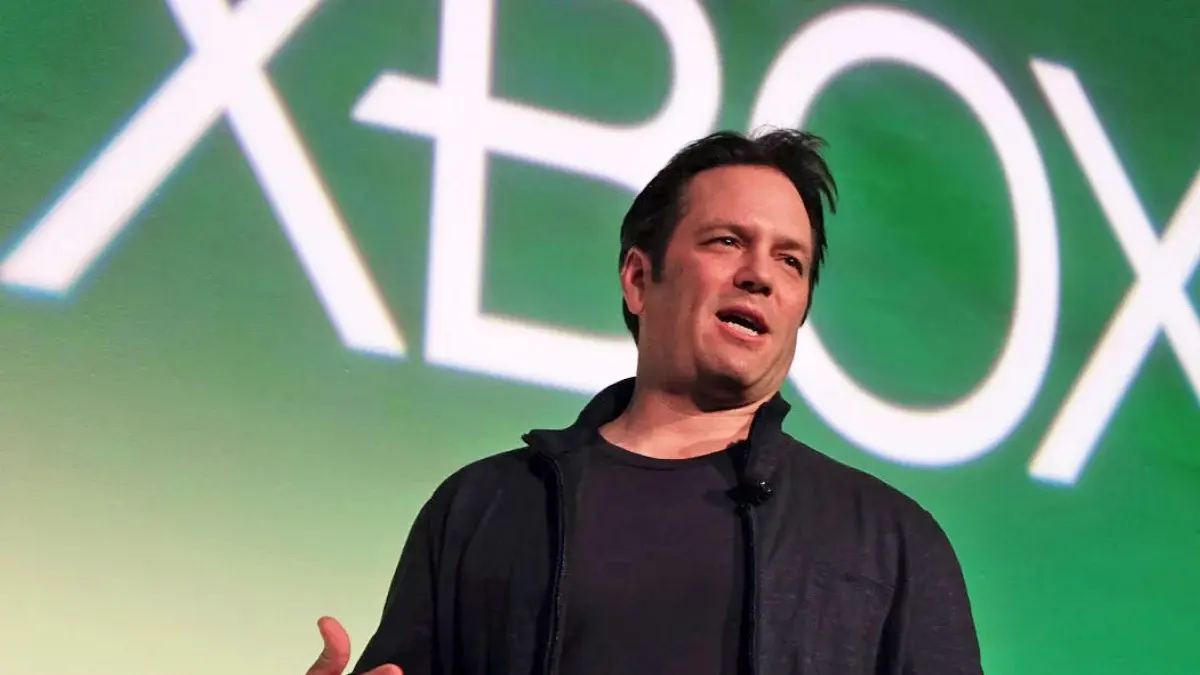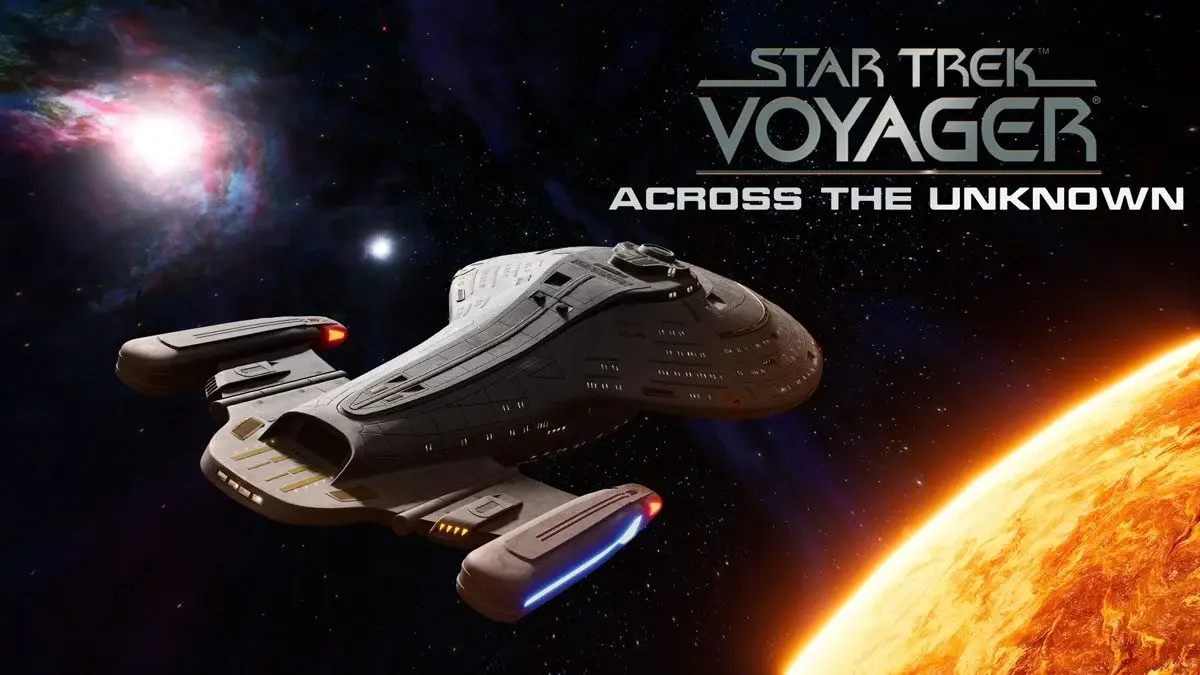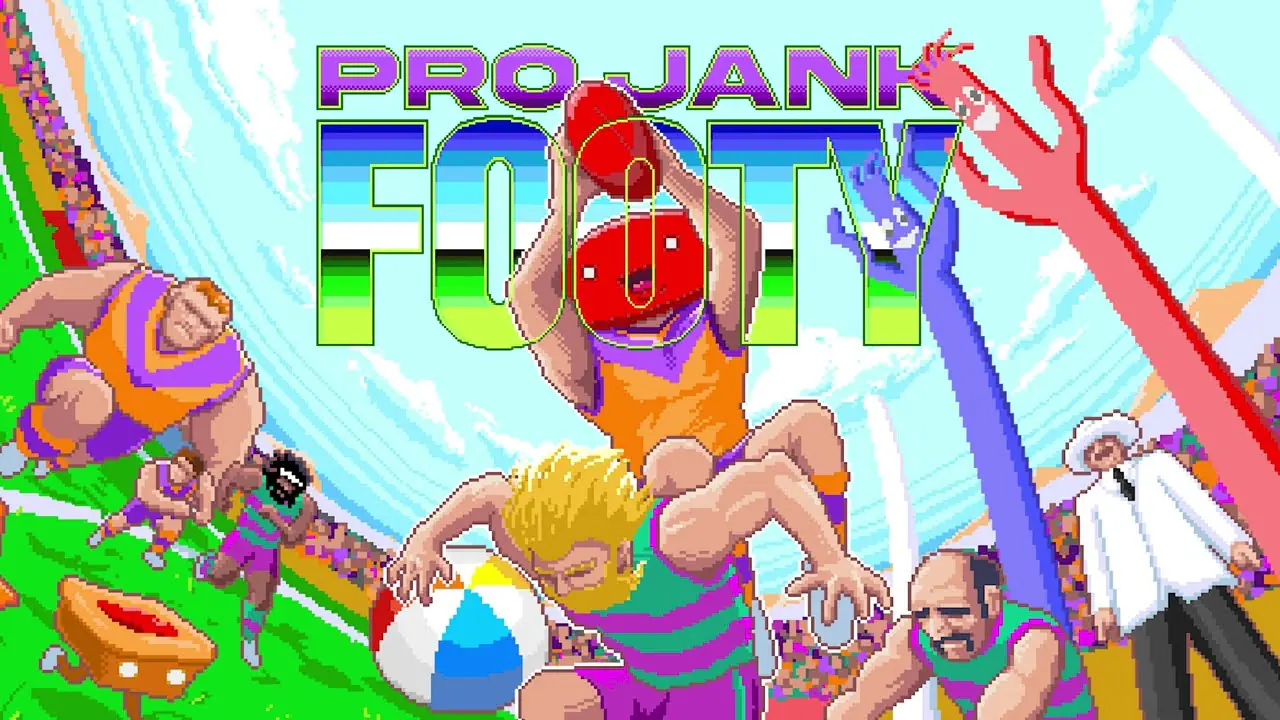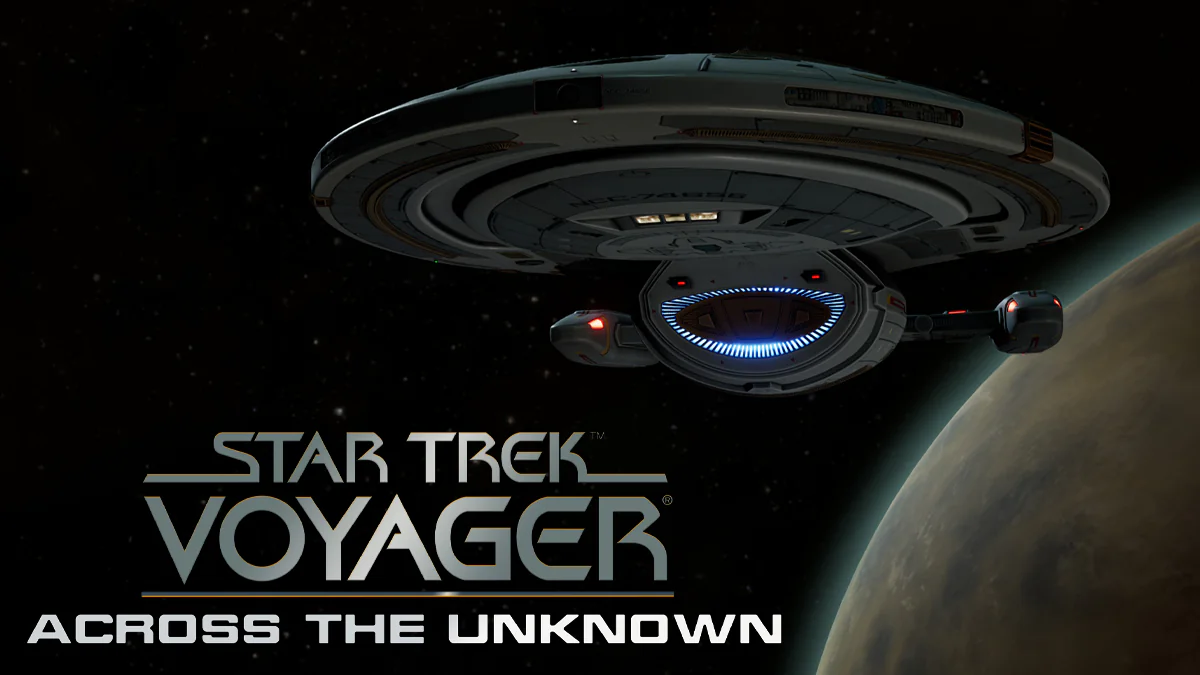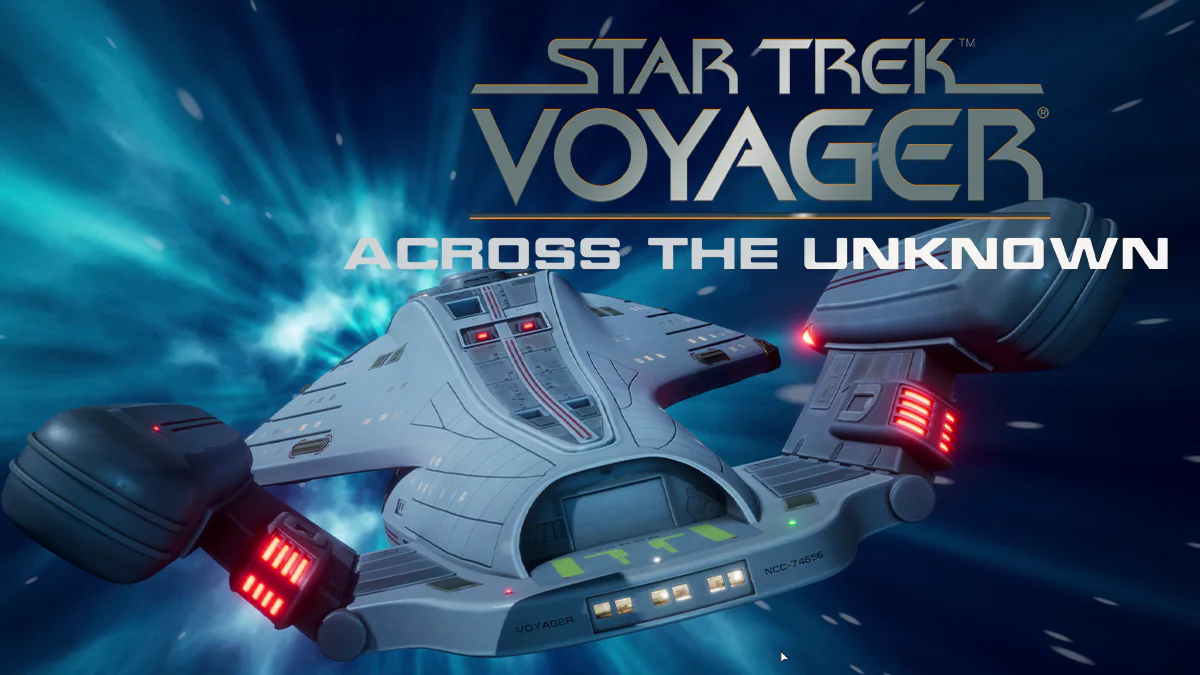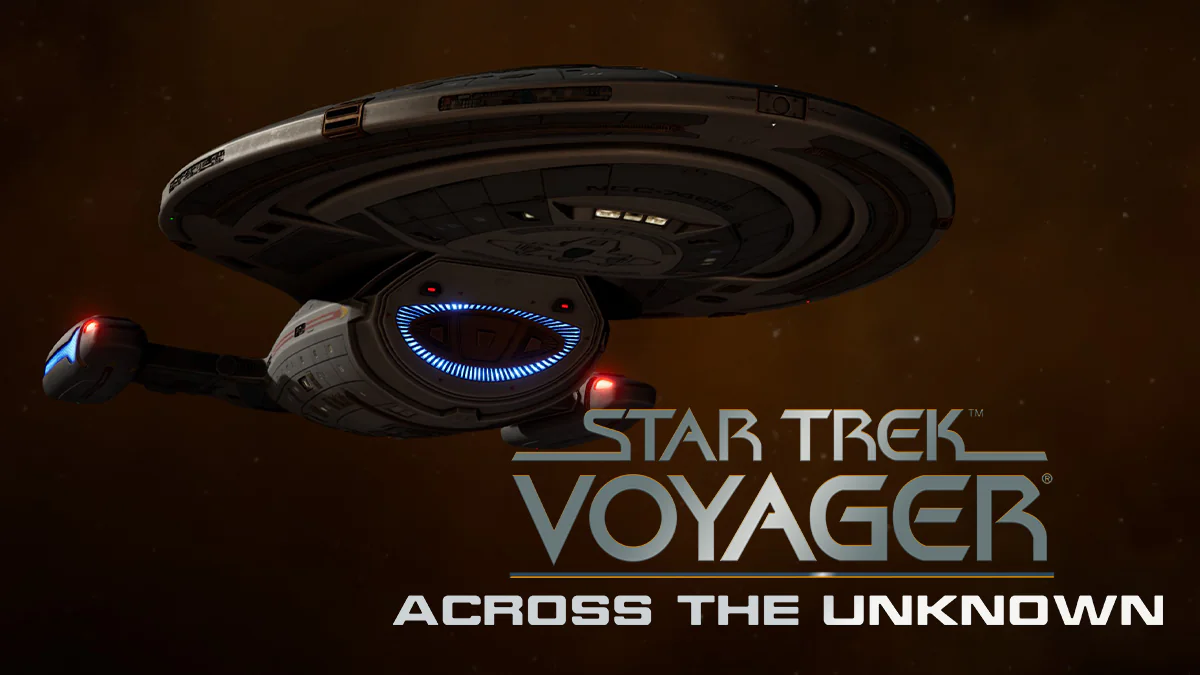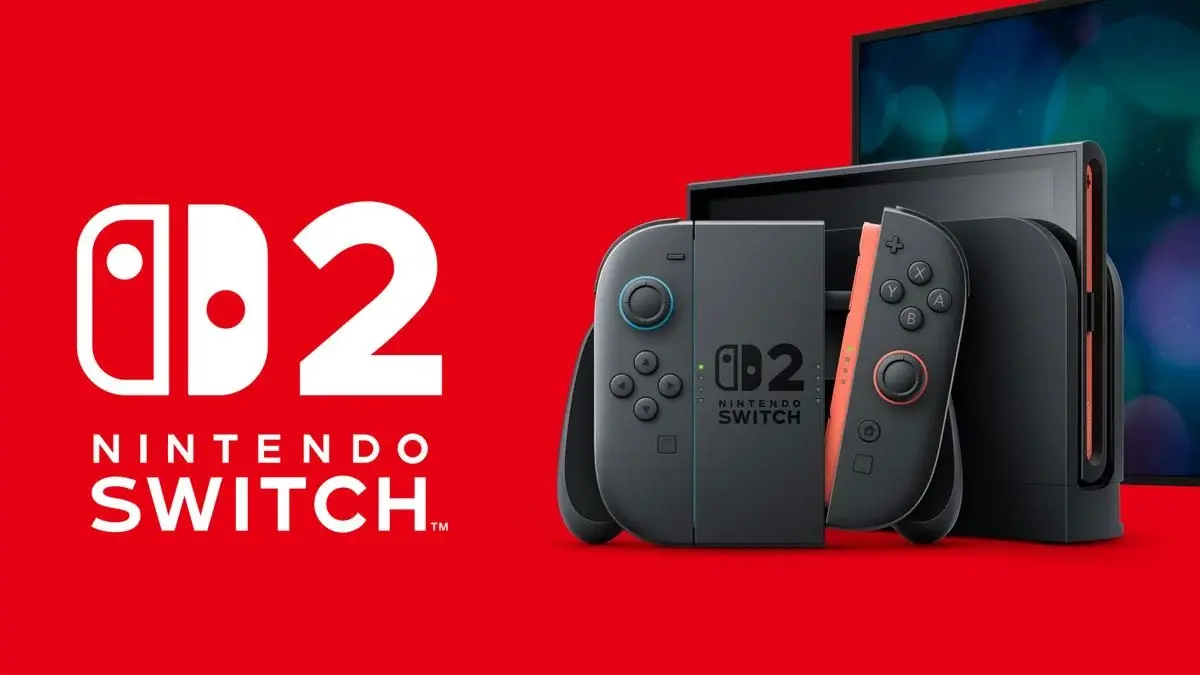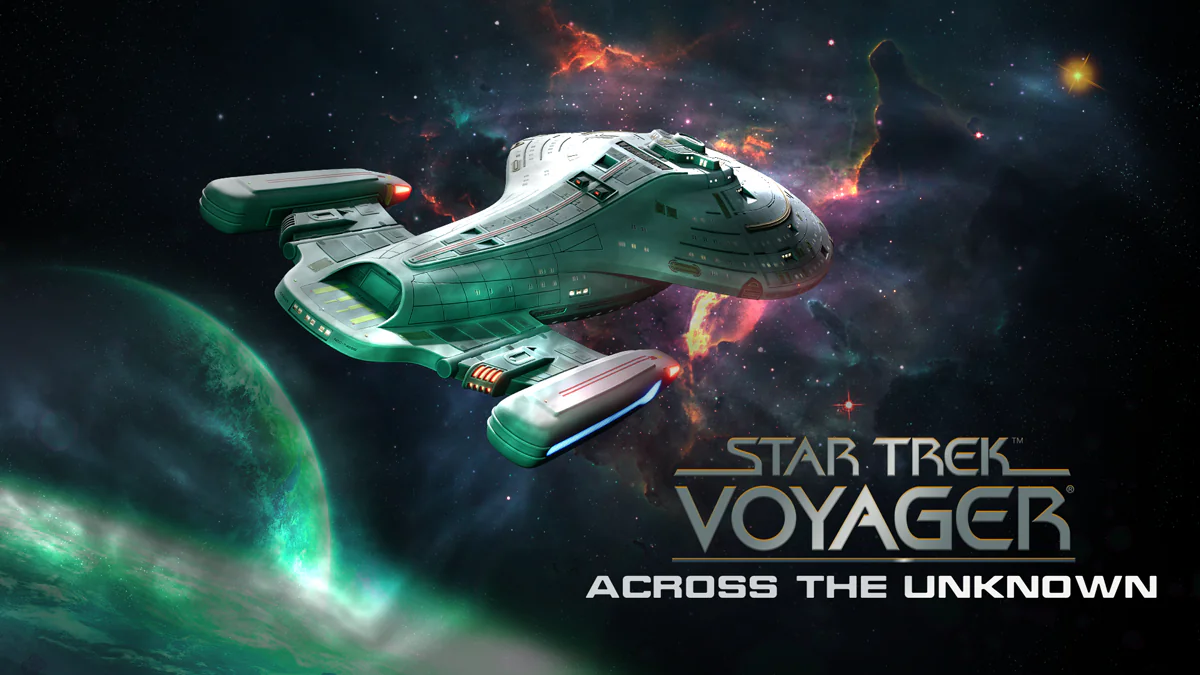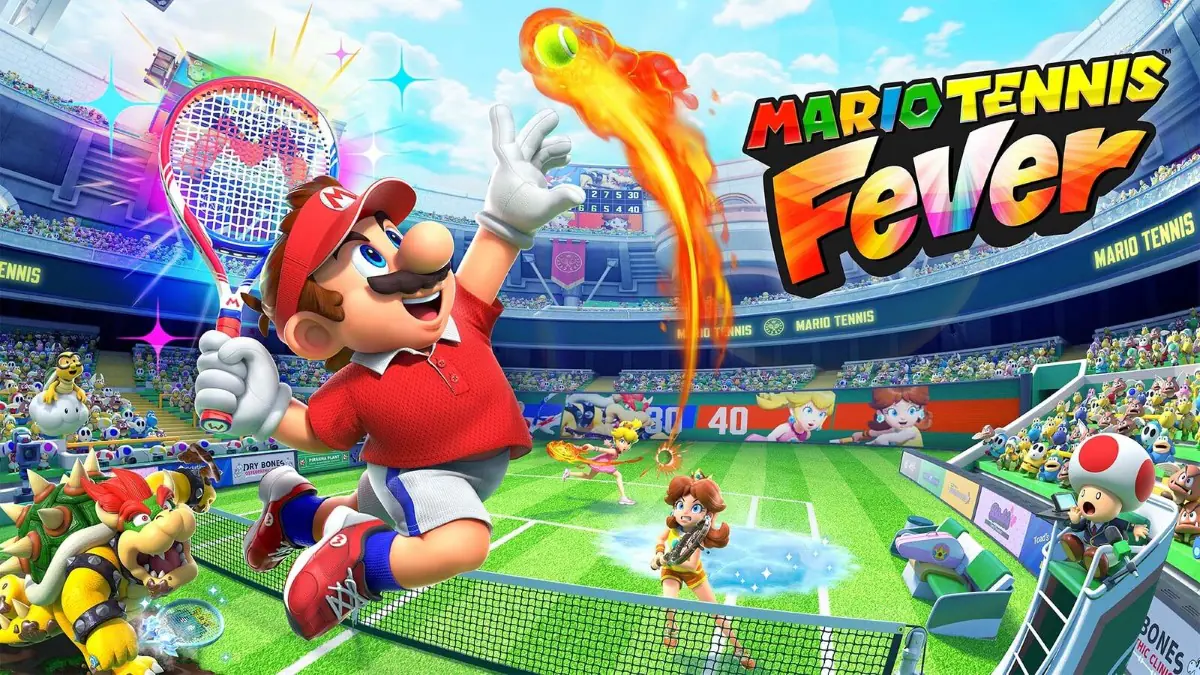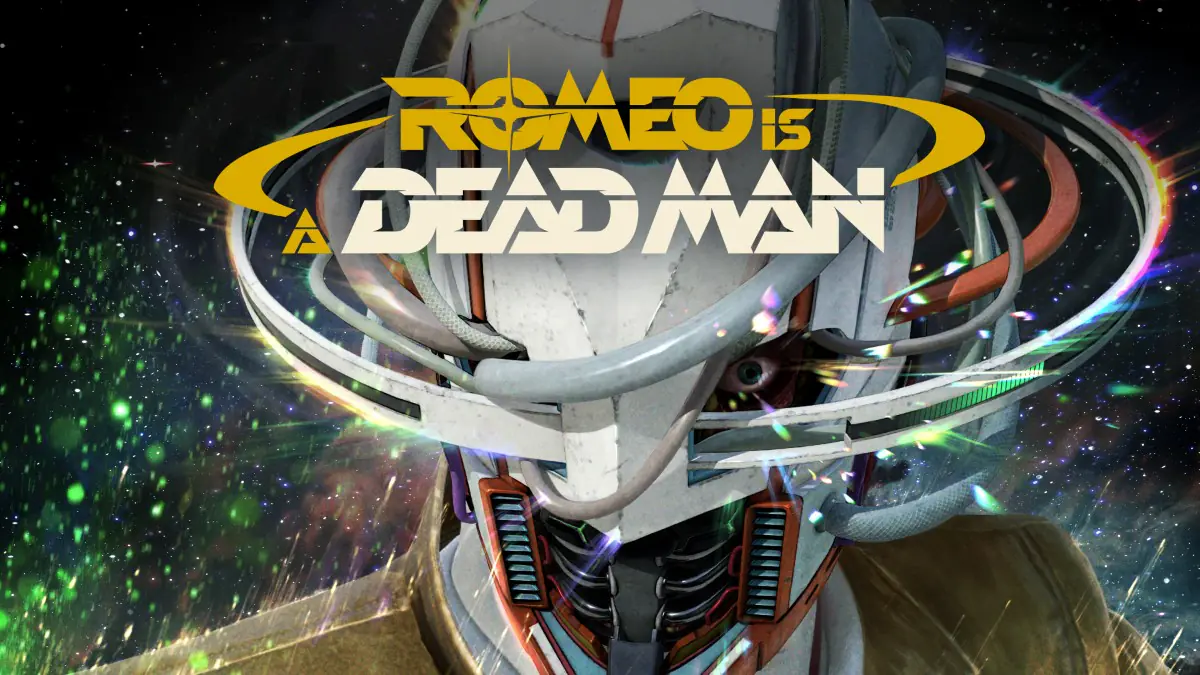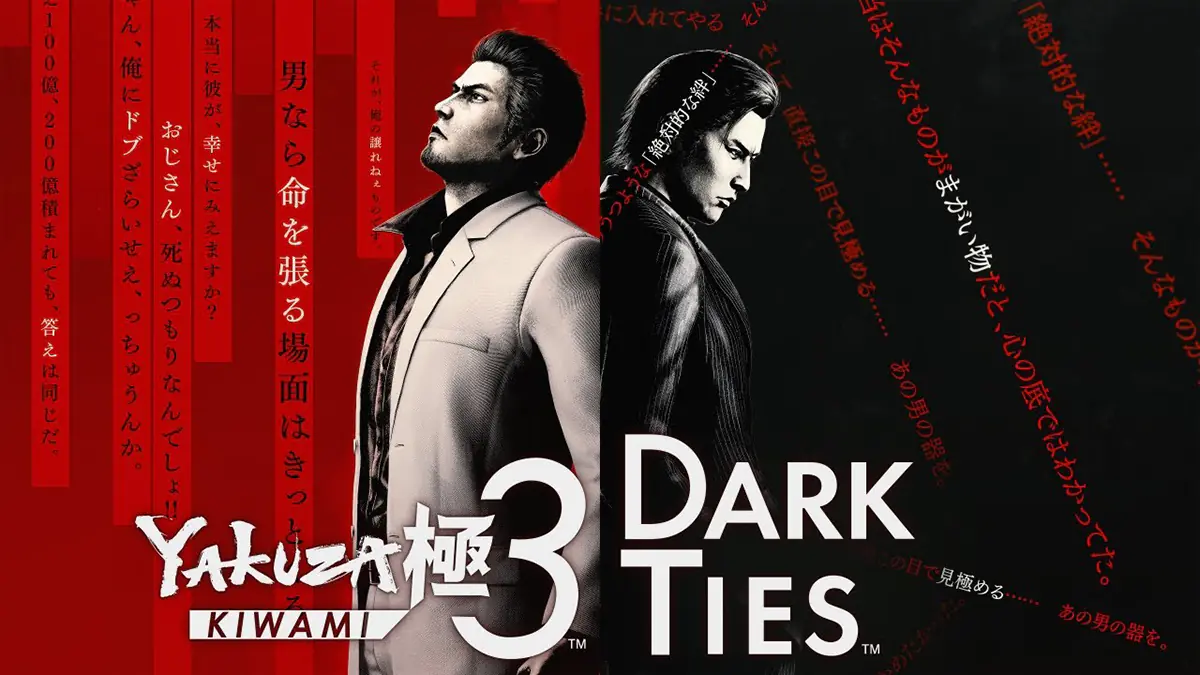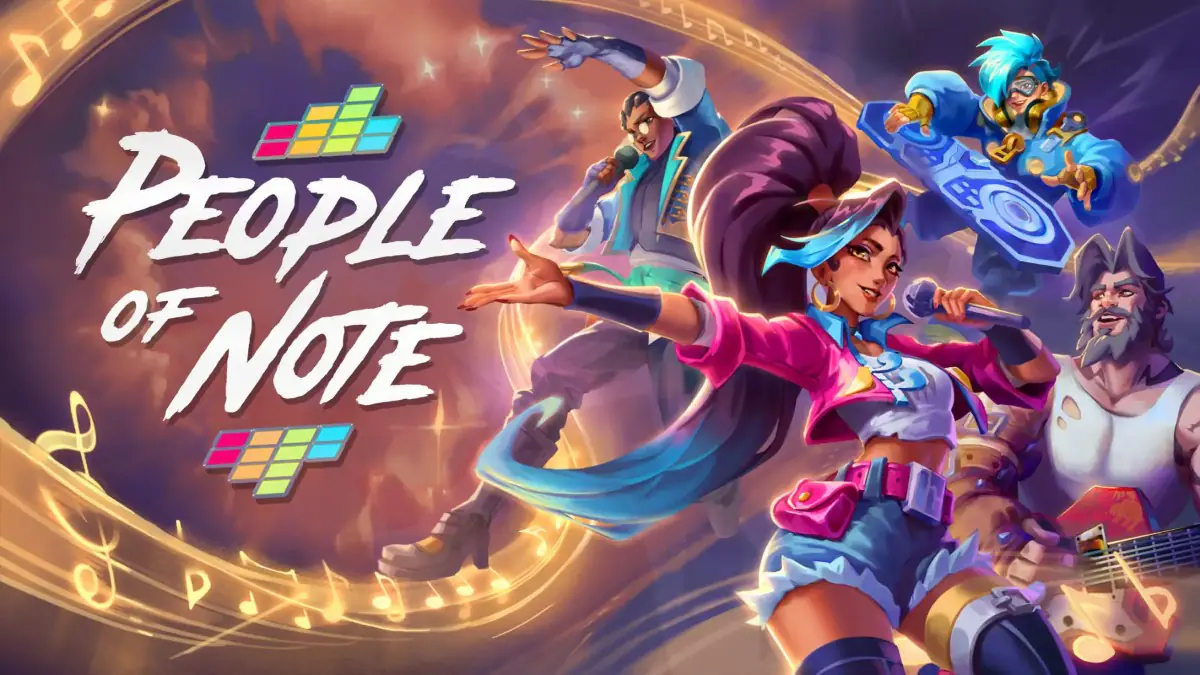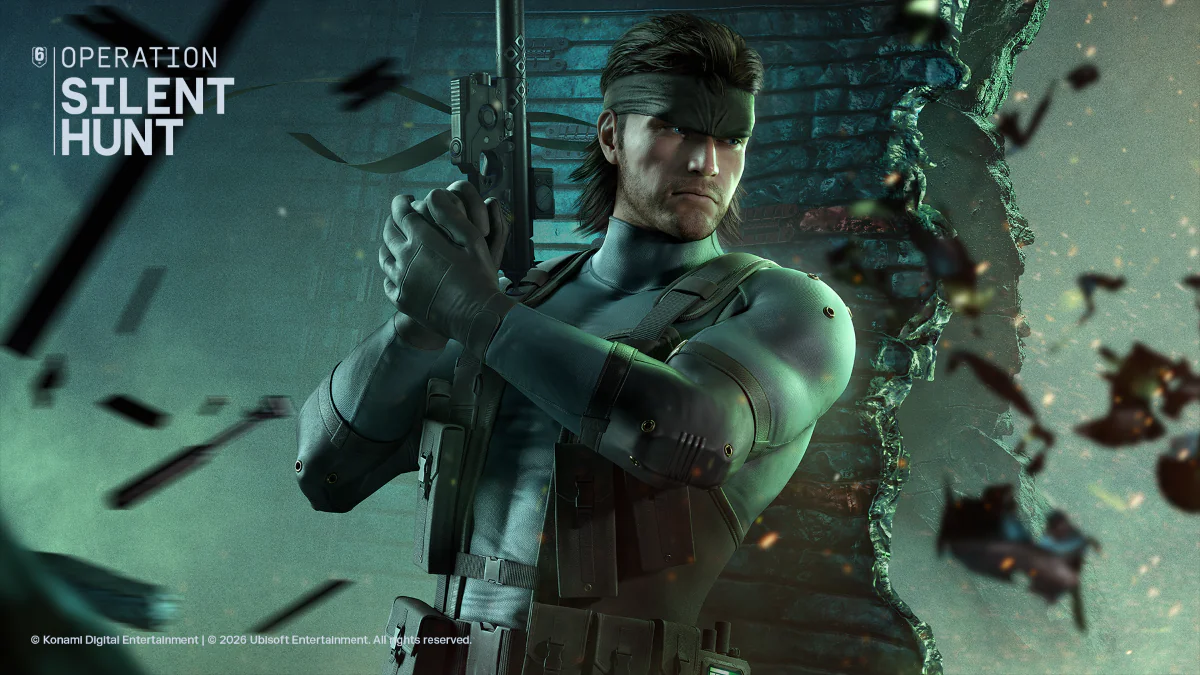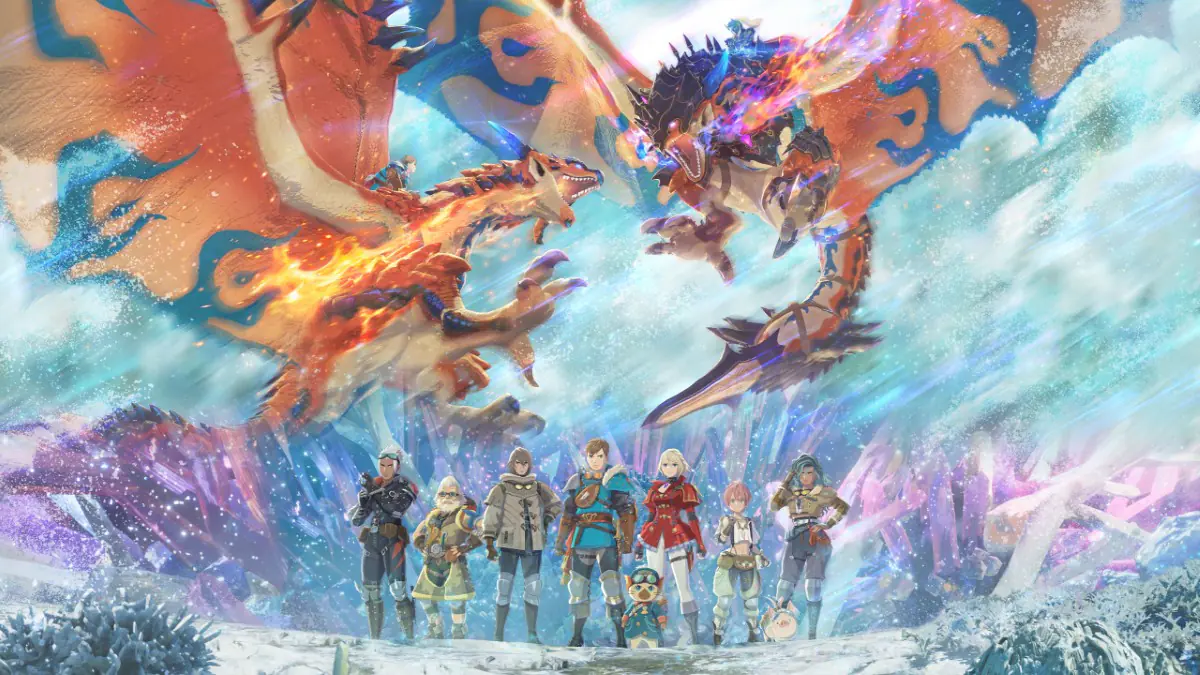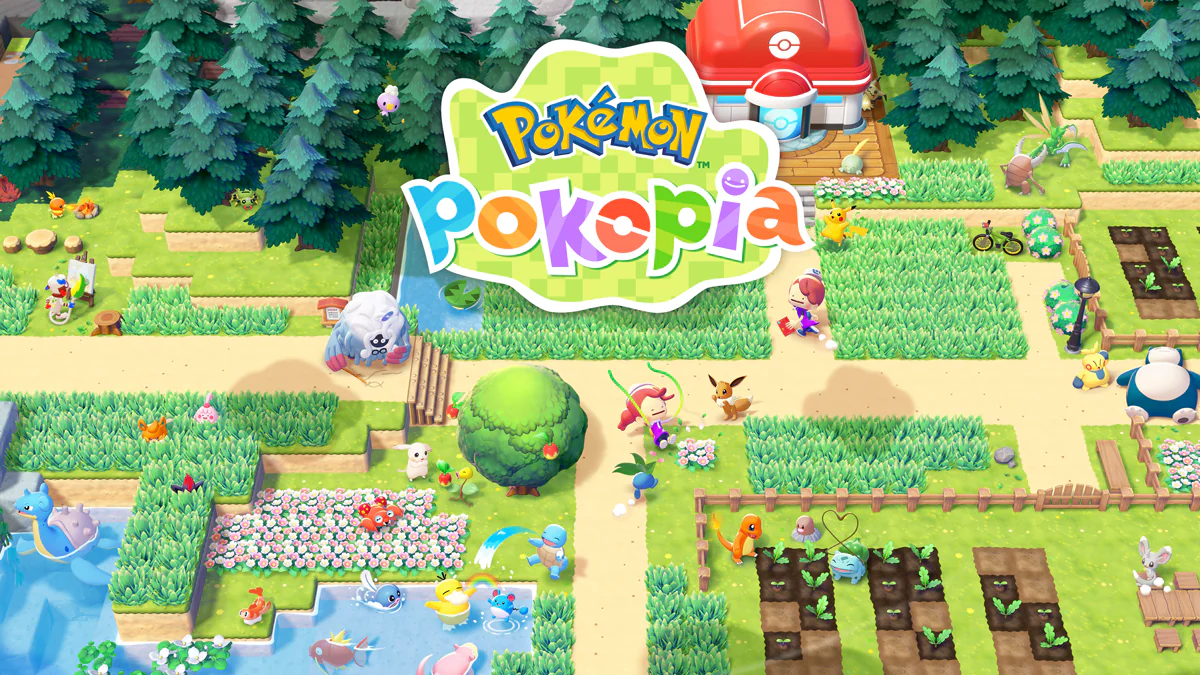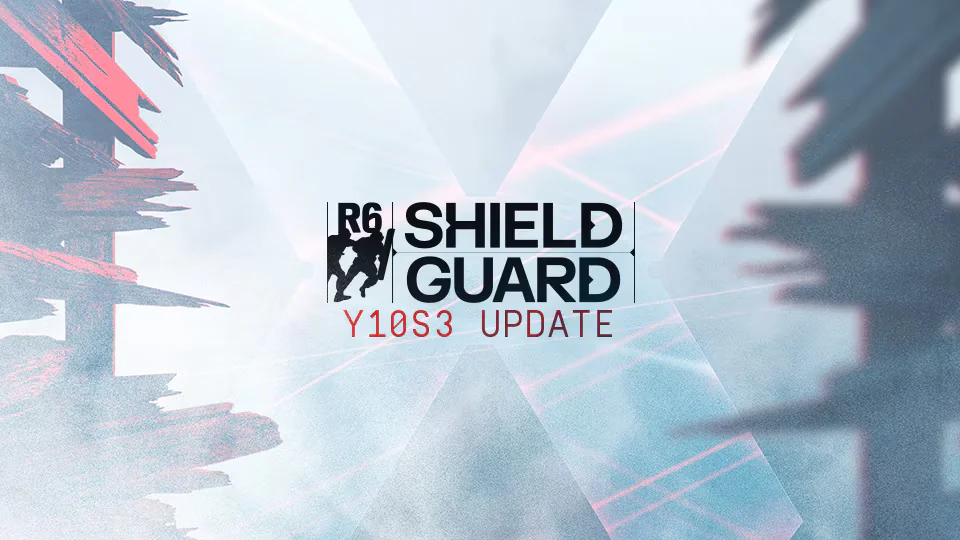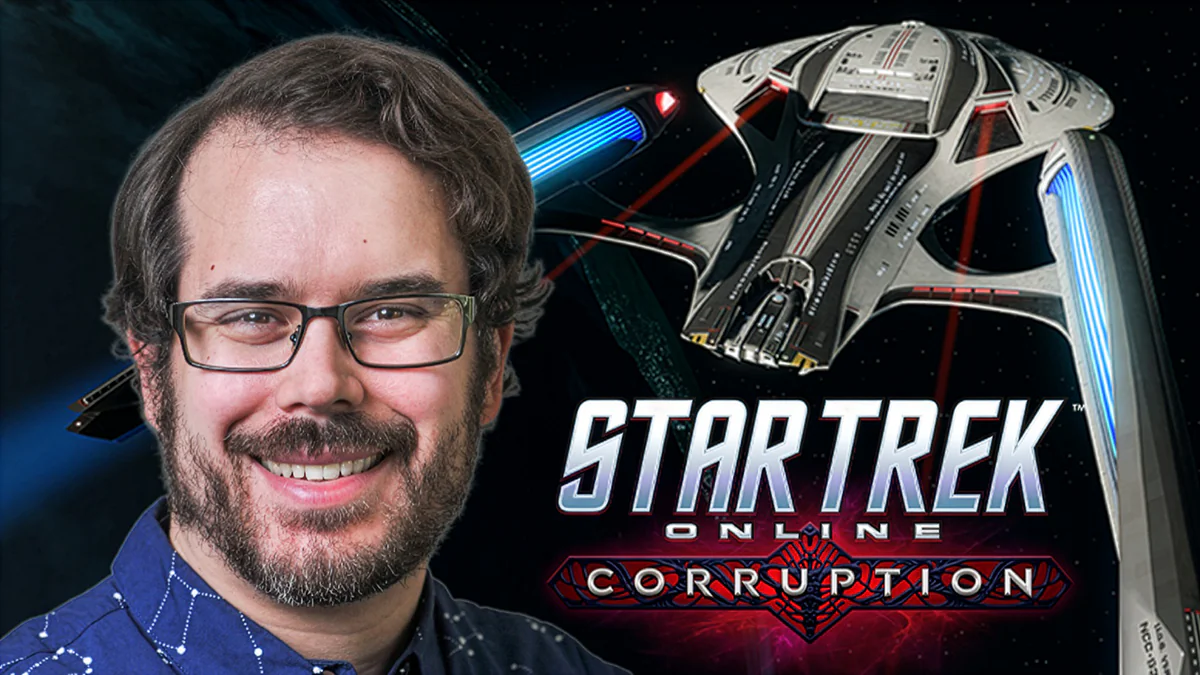Or, how to "break through and be good."
Aussie dev Alex Hutchinson is behind some big name games, acting as lead designer on The Sims 2 and Spore and a creative director on the likes of Assassin’s Creed 3 and Far Cry 4. When I spoke to him last, he and his recently formed indie studio, Typhoon, was gearing up for the release of Journey to the Savage Planet.
Since that time, Typhoon was acquired by Google’s Stadia Games and Entertainment division, Stadia itself folded and took Typhoon with it, and Hutchison not only managed to reform as Raccoon Logic but was successful in acquiring the Savage Planet IP.
I asked him if constant turmoil was simply the nature of the video game industry, or if this was a tale that was unique to him.
“The general parts are common; you’ve got to stay alive,” he explained. “There’s only two ways you can survive. One is by being great and the other one is by being a cockroach.
“If you’re willing to do anything for money, you can survive. If you can break through and be good, you can survive. Otherwise, you just try to find another place to try again.”
“In surviving, we had to move countries twice, essentially, just to stay afloat. I think those sorts of decisions are very common in creative businesses, you know, just to stay alive,” he continued. “I would assume that anyone with a 15- or 20-year career would have a similar version.”
I asked Hutchinson if Raccoon was in cockroach mode now, just over a month from the launch of Revenge of the Savage Planet.
“We are aspiring to be good,” he said with a laugh. “But we can cockroach if we have to. We’re trying, we’re hopeful — the bit that’s different now is that… we’re really trying to make something unique, special, and memorable.”
The Savage Planet IP certainly is memorable, devilishly comedic yet full of charm and challenge. I asked Hutchinson how important it was to secure the rights to the franchise in the wake of Stadia’s demise. Did Raccoon have backup plan of making similar in spirit, but different in name?
“Indie death is making a C grade version of a triple A game,” he said. “Why would anyone buy a bad Call of Duty when you can buy a Call of Duty?
“The reason we really wanted the IP back was we felt we had unfinished business and a lot of ideas that we hadn’t got to, and that was exciting. But mostly, sadly, [it] was time. It would have taken us two years to build the code back up to where it was and to just to get back to zero.”
In addition to the IP, Raccoon is comprised of most of the old Typhoon studio. I asked Hutchinson how important that was to him, especially in the wake of wave after wave of layoffs in the industry.
“I wanted to call the studio Tsunami because a tsunami comes after a typhoon,” he said, “But it was all taken; if you can’t get the domain and you can’t get the website, it doesn’t work.
“But it’s all connected to people, and our origin story. We were all standing out front of the Google offices with a shoebox, so [the idea] was to help as many people as possible. We’re not getting any younger,” he said.
“Everyone has kids, and even though you get a very nice compensation package for leaving, you’re all still unemployed all of a sudden. So the goal was to try to keep them employed at the start.
“But also we’ve discovered… that one of our secret pitch elements is, lots of people pitch a new company, but they haven’t worked together,” he said. “We have; everyone’s worked with everyone, multiple times, on different arrangements between the last 15 to 20 years.
“You know what people’s weirdnesses are, you know what you can rely on them for. It’s a really useful skill, having the same team.”
Hutchinson explained additional benefits of functioning as a indie studio.
“It’s nice to get the band back together, so to speak. Any production is compromised in that you have to make realistic decisions about scope, and what you think the market will support, and what you can do, and what you have time enough to do.
“But at big studios, I realised I was spending half my week re-pitching the same stuff to execs just to stop them from stopping it. I wanted to get back to writing scripts like I do now again, and actually helping build levels, and tuning things — the reasons I liked making games in the first place.”
From its description, Revenge of the Savage’s Planet might also function as a means of therapy for Hutchinson and the former developers at Typhoon. Made redundant by the megacorp that’s ruled by “corporate greed and stupidity,” you begin the game “redundant and abandoned” and need to crawl your way back to success.
How much is that art imitating life?
“I’ll tell you: it’s legally distinct,” Hutchinson said with another laugh.
“I’m just petty enough; I found it highly motivating to start writing it all down,” he continued. “Our pitch on the first game was, we knew we couldn’t make a cool space game that competed with triple-A, so why don’t we make a funny one? Then, all of a sudden, it’s charming.
“In a Metroidvania, why is your gear all around the place?” he asked. “We can solve this — your awful employer has treated you so carelessly that they’ve just thrown your stuff amongst the stars. It just seemed like the right setup, and the meta stuff, got more and more true as we went on.”
Revenge of the Savage Planet heads to Windows PC, Xbox One, Xbox Series S, Xbox Series X, PS4, and PS5 on 8 May 2025, also available on Xbox Game Pass. Its Cosmic Hoarder Edition provides early access gameplay from 5 May.
This article may contain affiliate links, meaning we could earn a small commission if you click-through and make a purchase. Stevivor is an independent outlet and our journalism is in no way influenced by any advertiser or commercial initiative.

